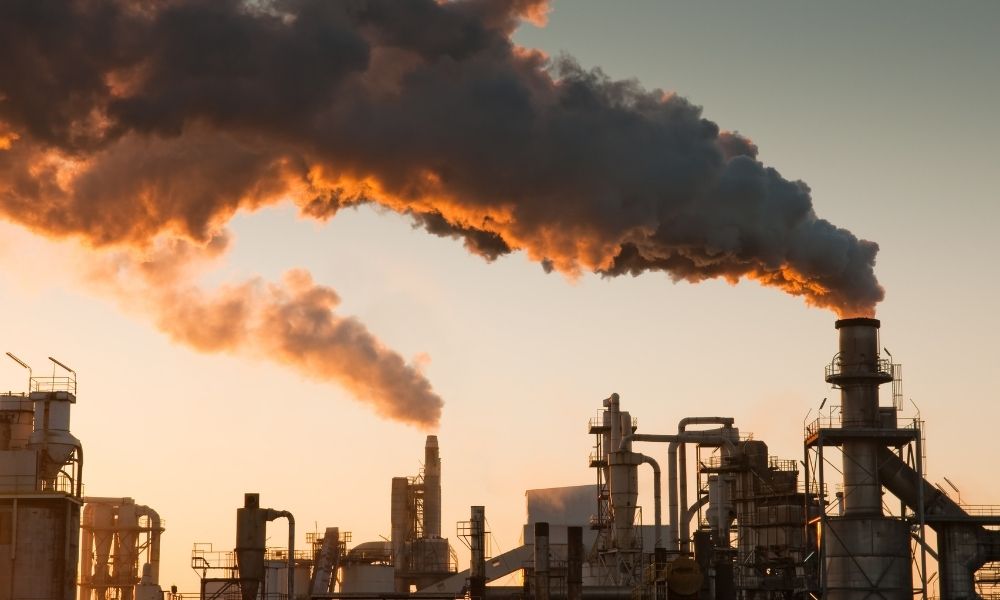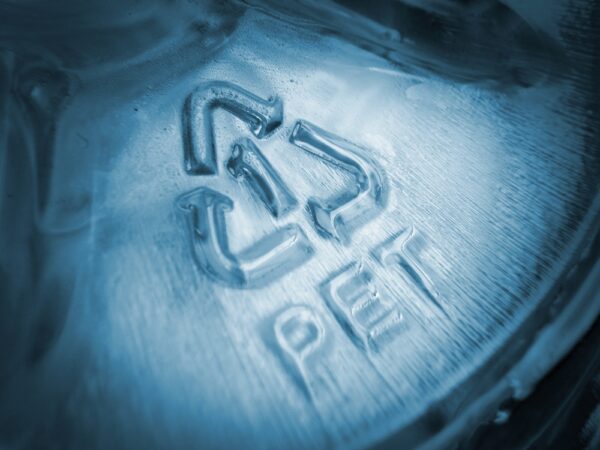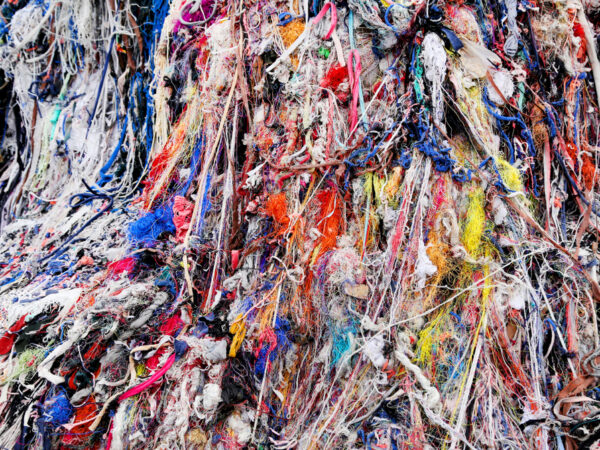About the Project
Although individuals and communities have an important role to play in reducing waste, profit-seeking corporations are the major drivers of our waste crisis – overproducing toxic, disposable junk that ultimately gets buried in a landfill or burned in an incinerator. Historically, consumers have been responsible for cleaning up this mess. But Just Zero is working to drastically shift this norm. We’re advancing Zero Waste policies that hold corporate polluters accountable for their massive contributions to climate change, environmental degradation, and negative public health impacts. From production practices to the end-of-life management of products and packaging, Just Zero helps communities design and advance impenetrable laws that require corporate polluters to take ownership of the waste they create.
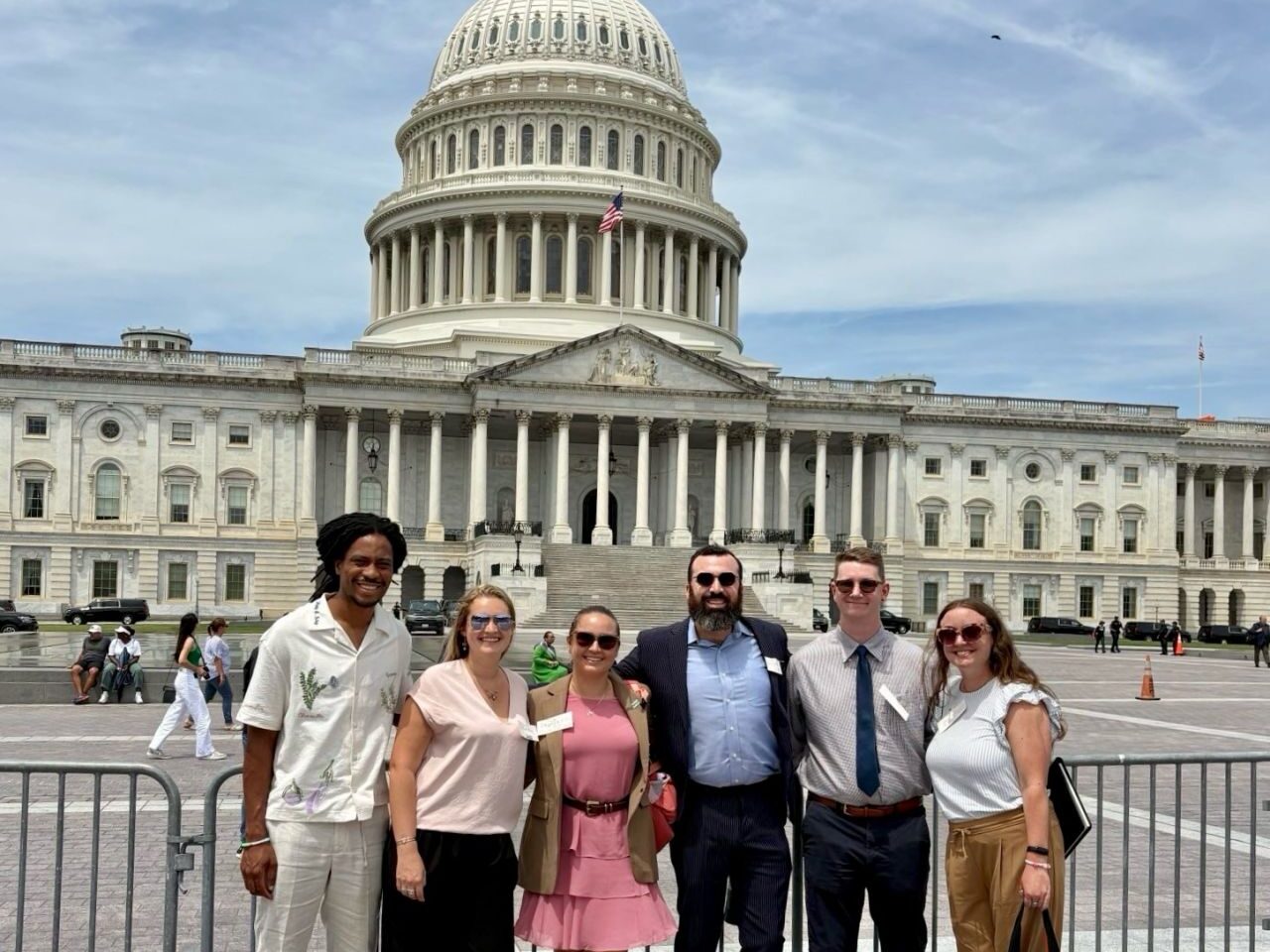
Photo: Just Zero
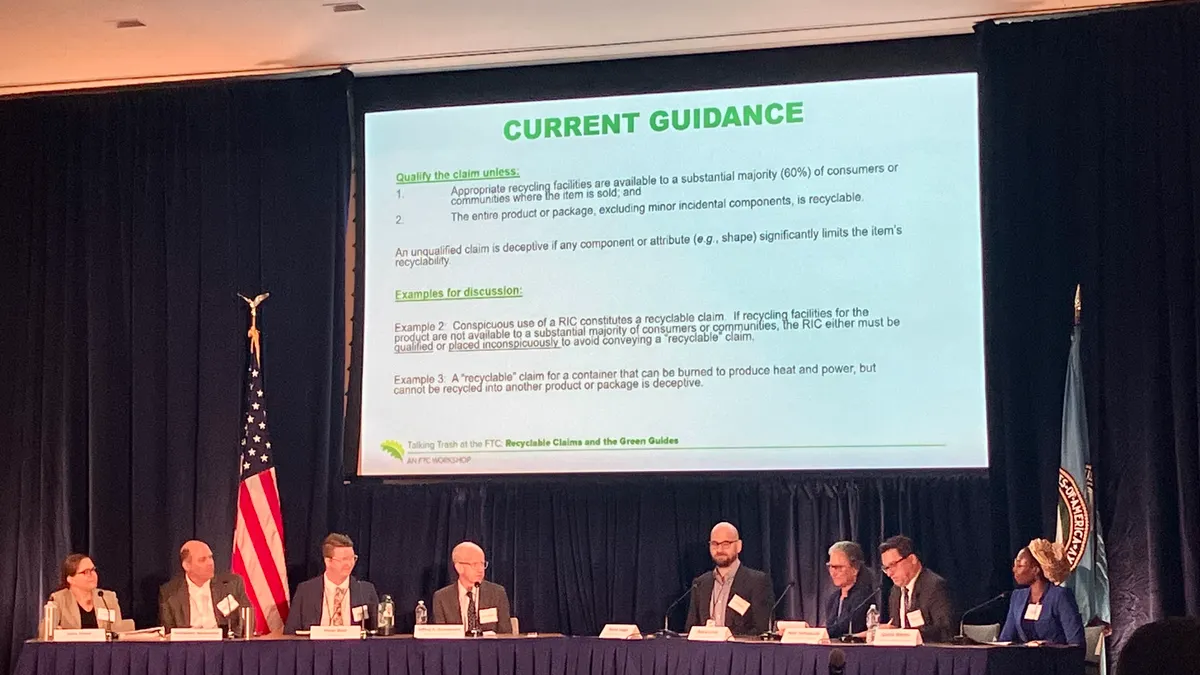
Photo: Maria Rachal, Waste Dive
The Problem
Many corporations are driven by profit. This is especially true among many of the largest consumer brands. That means, when designing and packaging their products, their main priority is to minimize costs and increase revenue. This profit-above-all approach leads to heavy reliance on climate-damaging fossil fuels, the widespread use of unrecyclable single-use plastics, and the utilization of harmful chemicals that jeopardize public health. Because these huge for-profit corporations are completely detached from the end-of-life management of their products and packaging, local governments and consumers are left to pay the price. Although reuse systems and environmentally friendly materials are familiar to and attainable by major corporations, consumer brand giants often have no incentive to adopt these practices without strong laws and policies in place.
Areas of Impact
Big consumer brands and corporations profiting from overproduction and single-use packaging are the driving force behind our waste crisis and the environmental degradation it creates.
The waste created by corporate polluters comes at a major financial cost to the public, as waste management fees, which are paid by taxpayers, increase on a regular basis.
Production and waste disposal facilities are disproportionately located in low-income communities and communities of color, exacerbating environmental injustice.
Corporate polluters prioritize cheap production while accelerating demand, leading to more toxic products and waste in homes, landfills, and the environment – all of which harms public health.
Our Policy and Advocacy Solutions
Beverage containers – plastic bottles, glass bottles, and aluminum cans – are highly recyclable and can be redesigned to be reusable. Yet, every year, billions of beverage containers end up in landfills, incinerators, or the environment as litter. Why? Because many communities don’t have effective systems to collect, manage, and recycle or reuse these containers.
But modern bottle recycling systems, or “Bottle Bills,” can solve this. These programs place a small refundable deposit on bottles and cans. Consumers get that money back when they return the empty containers for recycling or reuse. This creates a separate recycling system solely for beverage containers, which keeps the containers clean and sorted – increasing their recyclability. More importantly, the refundable deposit placed on each container motivates people to recycle them.
Bottle Bills consistently reduce litter, raise recycling rates, and generate green jobs. Even better, these programs provide all these benefits at no cost to consumers or to state and local governments. Instead, as a type of producer responsibility program, Bottle Bills require the companies that manufacture and sell beverages to cover the financial cost of collecting, sorting, and managing all these containers.
Currently, only ten U.S. states have Bottle Bills: California, Connecticut, Hawaii, Iowa, Maine, Massachusetts, Michigan, New York, Oregon, and Vermont. But Just Zero is working with several other states and communities across the country to implement new Bottle Bill programs and modernize existing ones.
Progress Highlights
Just Zero Partners with Groups Across the Country to Support Bottle Bills
Just Zero actively supports new Bottle Bill legislation in Illinois, Maryland, New Jersey, Rhode Island, and North Carolina, throughout the 2025 legislative session. We also advocate for the modernization of existing Bottle Bills in Massachusetts and New York.
Launch of Model Beverage Container Legislative Toolkit
Just Zero publishes an interactive Beverage Container Legislative Toolkit. This resource provides language and guidance on how to design and implement a Bottle Bill in your state.
Maine Passes Legislation Modernizing the Bottle Bill Program
With the help of our partners in Maine, Just Zero works to pass a new law that strengthens and modernizes Maine’s Bottle Bill program. The new law increases funding for the program, makes container sorting easier for redemption centers, and promotes reuse.
Just Zero Joins Rhode Island Bottle Bill Study Commission
At the request of legislators in Rhode Island, Just Zero joins the Rhode Island Bottle Bill Study Commission to help inform the development of a Bottle Bill proposal that will work for communities across the state.
Calls on the United Nations Climate Conference to Reject Coca-Cola’s Sponsorship
Just Zero spearheads the call urging the United Nations to reject Coca-Cola’s sponsorship of the Climate Change Conference (COP27). Having Coca-Cola – the world’s leading plastic polluter – sponsor a key international conference on climate change is unacceptable.
Roughly one third of all U.S. household waste is single-use packaging – like plastic wrap, cardboard boxes, plastic containers, bubble wrap, and foam peanuts. Practically all this packaging is completely unnecessary. Even worse, most of it is unrecyclable plastic that is coated with toxic chemicals, which can seep into products like food and cosmetics.
Most companies have no incentive to redesign their products and packaging to reduce waste, remove toxic chemicals, or ensure they are reusable or recyclable. Instead, big consumer brands prioritize manufacturing products and packaging as cheaply as possible. And that’s because they don’t have any responsibility for all their packaging once it’s thrown away. So, who ends up paying the financial cost to collect and (attempt to) recycle it? Local governments and individuals like you. This makes no sense. We have zero control over how these companies design their products and packaging. Why, then, should we pay to clean up their mess?
That’s where Packaging Reduction and Recycling policies (sometimes called Extended Producer Responsibility for Packaging Laws) come in. Well-designed packaging policies require companies to take on the financial burden of collecting and managing their waste. And they can force companies to reduce or eliminate packaging, as well as redesign their products to be reusable, recyclable, and less toxic.
Just Zero works with communities across the country to implement new Packaging Reduction and Recycling Laws that make companies – not individuals – responsible for addressing the packaging waste crisis.
Progress Highlights
Maine Adopts Rules to Implement Packaging Waste Reduction and Recycling Program
Maine adopts the rules that will implement the state’s new Packaging Reduction and Recycling Program. Just Zero fought to ensure the rules require companies to eliminate needless single-use packaging, invest in reusable packaging, and increase the use of recyclable and compostable packaging materials.
Just Zero Addresses the National Recycling Congress
Just Zero presents to the National Recycling Congress on how Packaging Reduction and Recycling Laws hold companies responsible for their packaging waste, explaining how these policies can be implemented to eliminate waste and increase recycling – all while saving consumers and communities money.
Launch of Model Packaging Waste Legislative Toolkit
Just Zero publishes an interactive Packaging Waste Legislative Toolkit. This resource provides language and guidance on building a Packaging Reduction and Recycling Bill that works for your community.
Minnesota Becomes the 5th State to Adopt a Packaging Reduction and Recycling Law
Just Zero supports efforts by groups in Minnesota to enact a Packaging Reduction and Recycling Law that will require large companies to eliminate needless packaging waste and redesign their products and packaging to be recyclable and reusable.
Just Zero Helps Enact Packaging Reduction and Recycling Needs Assessment Laws in Illinois and Maryland.
Working with coalitions in Illinois and Maryland, Just Zero helps pass new legislation requiring a comprehensive evaluation of packaging waste in both states. The law will eventually lead to proposals for a comprehensive law to reduce single-use packaging waste.
Consumers increasingly care about the environmental impact of the products they buy. The problem? Companies know this and take advantage of our good intent.
To make sustainable purchases, we are often forced to rely on what companies tell us about their business practices and products through labels, marketing, and advertisements. But too often, companies actively mislead the public or fail to disclose potential environmental dangers and health risks associated with their products and practices. This deception is known as greenwashing, and it can lead to serious consequences.
Greenwashing is a deceptive marketing tool used to trick consumers into believing a company, practice, technology, product, or policy appear environmentally friendly. This outward show of environmental responsibility allows companies to increase profits and boost their image, all while perpetuating waste and pollution. Some companies take it a step further – making voluntary pledges they never intend to meet to avoid regulation. And others actively work to undermine Zero Waste laws and regulations while promoting themselves as environmentally responsible.
Just Zero is committed to exposing and ending corporate greenwashing. We advocate for strong Truth in Labeling laws to prevent companies from making false claims about their products being compostable or recyclable when they’re not. We also work to strengthen existing programs that are meant to hold companies accountable for the claims they make about their products and packaging. Additionally, we challenge practices that may seem like solutions but ultimately fail to address the root causes of environmental issues, like so-called “advanced recycling.” At Just Zero, we believe education is key to tackling greenwashing, which is why we spotlight real-world examples to raise awareness and drive change.
Progress Highlights
Just Zero Publishes Inaugural Greenwashing Report
To call out greenwashing and help consumers better identify corporate tactics, Just Zero launches a new, annual report highlighting egregious examples of greenwashing from the previous year.
Greenwashing Legislative Toolkit
Just Zero publishes an interactive Greenwashing Legislative Toolkit. This resource provides individuals and communities across the country with language and guidance on building a Truth in Labeling bill.
Just Zero Convinces EPA to Reject Plastic Industry’s Fuzzy Math that Misleads Consumers
Just Zero demands the EPA reject a controversial and inaccurate way of calculating recycled content in consumer products. The EPA’s decision is the first-ever federal action against the system that misleads consumers about recycled content in plastic products.
Just Zero Advocates for Stronger Federal Policies Prohibiting Greenwashing of Plastic Recycling
Just Zero represents the environmental community before the Federal Trade Commission, demanding the federal government develop binding rules that prohibit and penalize companies for making false claims about the recyclability of their products and packaging.
Just Zero Calls on the United Nations to Reject Coca-Cola’s Sponsorship of Climate Change Conference
Coca-Cola is the world’s largest plastic polluter. And plastic production is intrinsically tied to the climate crisis. Just Zero leads the call in demanding that the United Nations change course and remove Coca-Cola as a sponsor for the world Climate Change Conference (COP27).
Just Zero Publishes Report Exposing “Advanced Recycling” as a False Solution to Plastic Pollution
Just Zero releases a report exposing so-called “advanced recycling.” The report explains that this is an expensive, unreliable, and toxic array of technologies that don’t recycle meaningful amounts of plastic and threaten our health and environment.
January 30, 2025 · MEDIA COVERAGE
December 12, 2024 · MEDIA COVERAGE
July 18, 2024 · PRESS RELEASE
What issue do you want to address in your community?
Legislative Toolkit
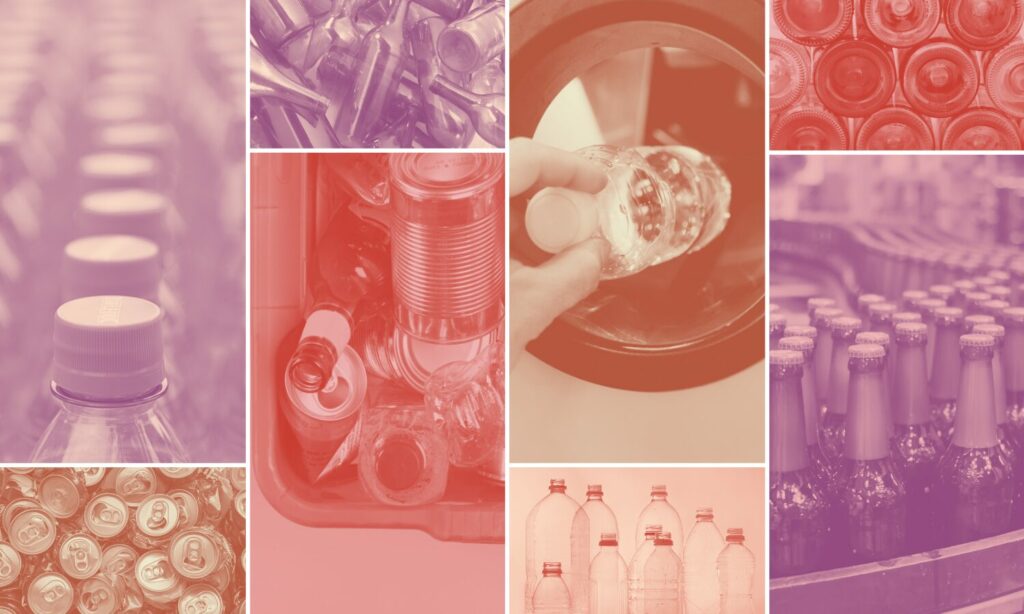
BEVERAGE CONTAINERS
Reduce litter, increase recycling, and speed up the transition to reusable and refillable containers.
Legislative Toolkit
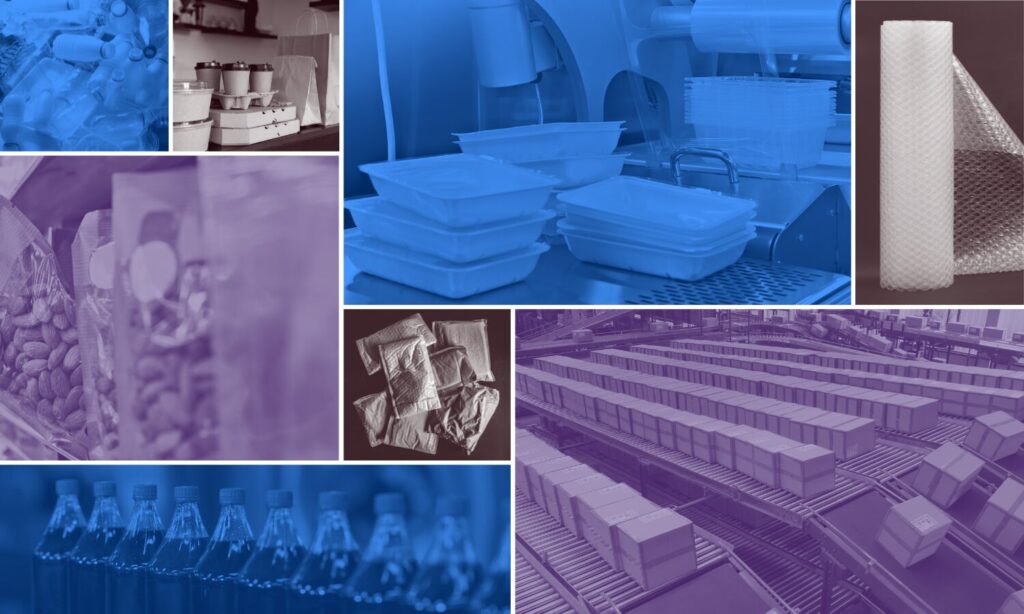
PACKAGING WASTE
Reduce packaging by making companies eliminate needless plastics and invest in recycling and reuse.
Legislative Toolkit
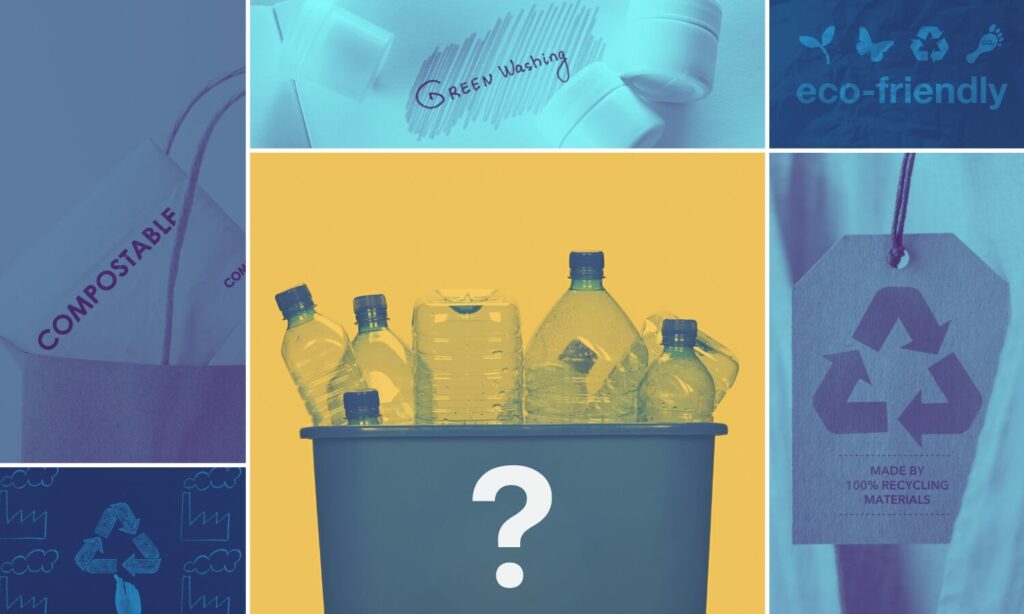
GREENWASHING
Prohibit companies from making false and misleading claims about their products and packaging.
April 10, 2025 · REPORT
December 14, 2022 · REPORT
Get Involved
Action Alert
Tell Big Brands to:
Ditch Single-Use Plastics and Invest in Reuse Systems
Fill Out the Form
Request a Speaker
Interested in having a Just Zero staff member speak at your event? Tell us about it!
Join the movement
Donate
Make a Gift and Become a Just Zero Member
Events
